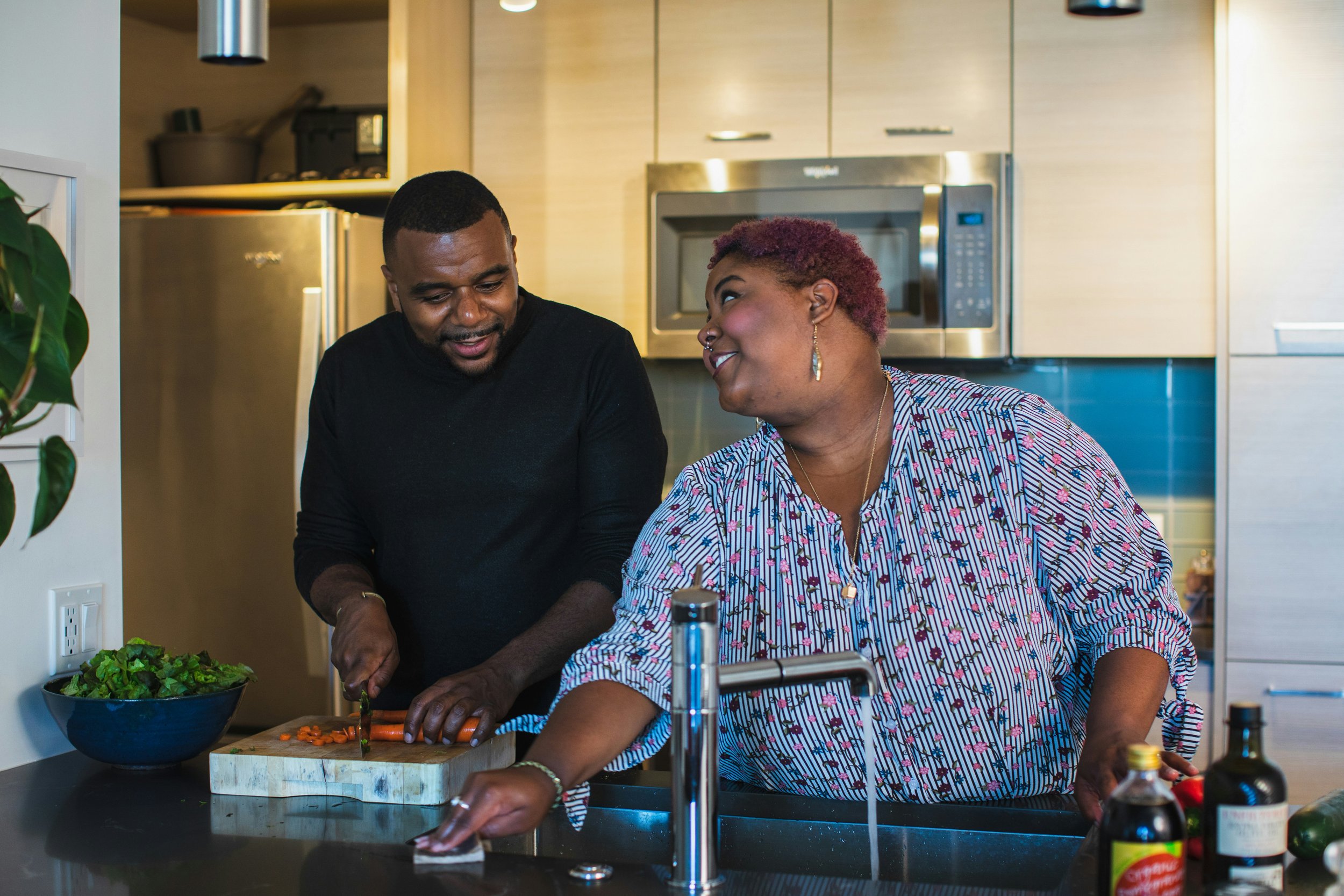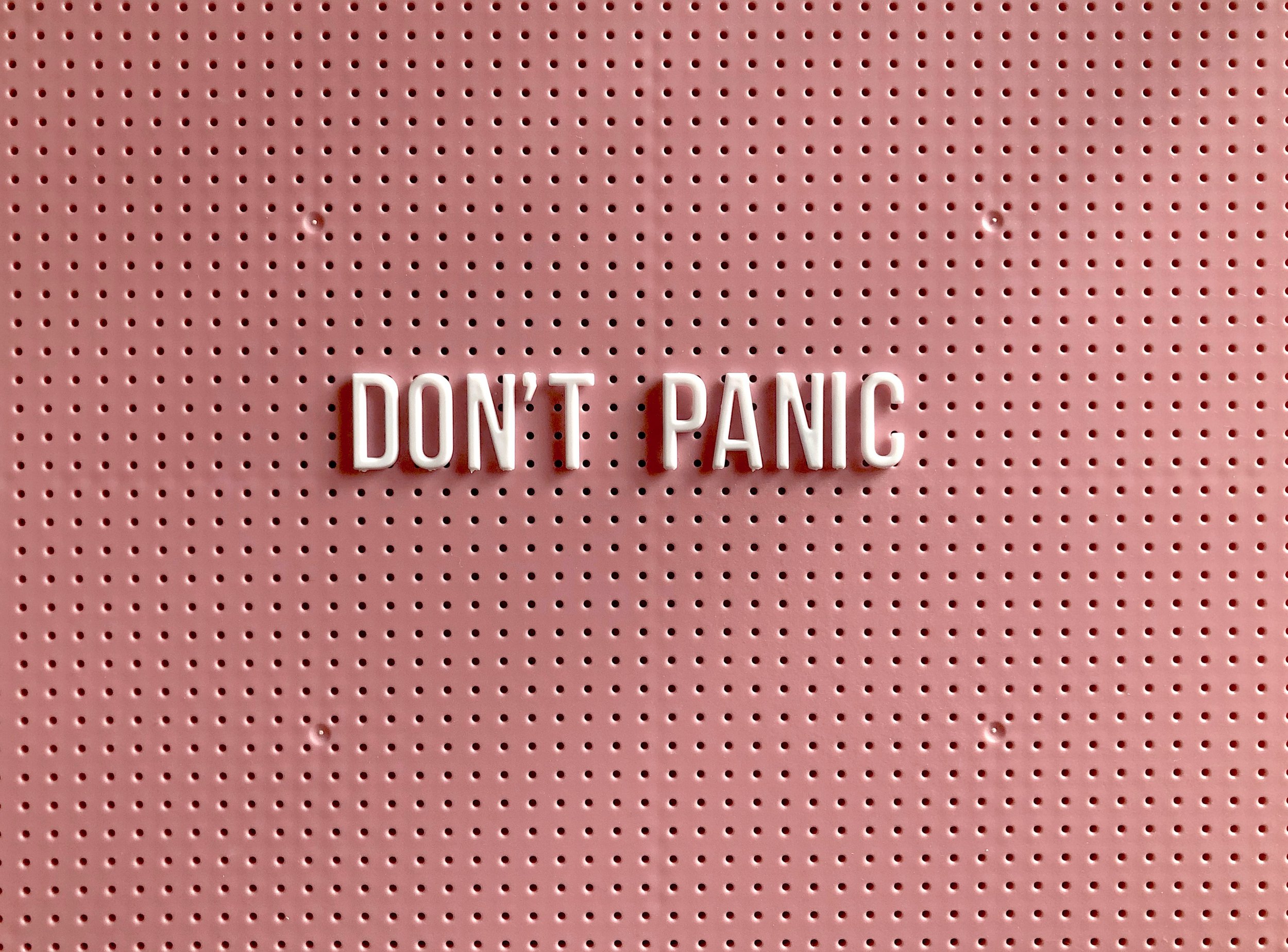
Why Couples Therapy Intensives Are Ideal for Deep Healing and Reconnection
If you're a couple navigating disconnection, conflict, or a painful lack of emotional intimacy, you're not alone. And here's the good news: there is a way to hit pause, cut through the noise, and start healing—together. Enter: couples therapy intensives.

Bibliotherapy for Black Women and BIPOC Women: Books to Support You on Your Healing Journey
Healing can come in so many forms from movement to dance to acupuncture to meditation to community organizing to deep and intentional time with friends. One of my favorite healing modalities that you can do alone and on your own time is bibliotherapy! Bibliotherapy involves engaging with specific, relevant, healing oriented texts through reading or writing (think guided journaling).
One of the things I have discovered as a Black woman who loves some bibliotherapy is that a lot of books are not written with the experience of Black or BIPOC women in mind.
So here is a starter list of books for Black and BIPOC women to help you along your healing journey!

Returning to Your Body: Simple Somatic Therapy Micropractices to Soothe Everyday Stress
As a somatic psychotherapist, I’ve seen firsthand how powerful it is to shift our focus from thinking our way through stress to feeling our way through it. That’s where somatic micropractices come in.
These tiny, body-based tools are gentle, grounding, and can help us regulate our nervous systems in everyday moments—no yoga mat or meditation retreat required.
Let’s dive into some of my favorite somatic practices that you can do anytime, anywhere.

Understanding Attachment Styles as Survival Strategies: How We Adapt, Relate, and Heal
Have you ever wondered why some people seem effortlessly secure in relationships while others struggle with closeness, fear abandonment, or pull away when things get too intimate? These patterns often stem from our attachment styles—deep-rooted strategies we developed early in life to navigate our need for safety, connection, and belonging.
Attachment theory offers a lens through which we can better understand ourselves and our relationships, not as fixed labels but as adaptive responses to our environment.

The Freeze Response in High-Functioning Women: What It Looks Like and Why It Feels So Shameful
Many women who look like they have it all together on the surface still struggle with an overactive freeze response and feel a huge amount of shame around it. Let’s explore why that is.

Stuck in Survival Mode? Explore these Somatic Practices for Your Nervous System
When you are stuck in survival mode everything can feel urgent, heightened, and like you are missing or falling behind on something important. Here is how you can start to break free.

How Somatic Psychotherapy Can Help You Get Unstuck and Moving Forward
Have you ever felt like you’ve talked about something a thousand times in therapy but still feel stuck in the same emotional loop? Like your mind understands, but your body hasn’t quite caught up? That’s where somatic psychotherapy comes in.

5 Ways to Get Outside This Spring (And Why Your Mind and Body Will Thank You) From a Somatic Therapist
There’s something miraculous about spring. Don’t get me wrong, I love the cozy slowing down of winter but after gray skies and rain, bare trees, and needing a sweater (if you live in California like me) or a giant parka (if you live anywhere else) to run the smallest errands it can feel so good when the world thaws. The sun is out a bit longer, birds fill branches, and color returns to the trees and flowers and seems to awaken the colors inside of us as well.

Why Therapy Intensives Work: Benefits for Faster, Deeper Healing
What are therapy intensives and do they actually work?

What is the Psychobiological Approach to Couples Therapy (PACT)? The Couple Bubble
A healthy, secure-functioning relationship provides a safe harbor for each person, a separate world of security and comfort and nurturing where each partner is seen and cared for. This harbor or separate world gives each member of the couple the boost of regulation and nurturing that they need to take on challenges, problem-solve, and face the issues that any day may give. This harbor or separate world is called the “couple bubble” in PACT

An Open Letter to Black Women Who Are Transforming Trauma
Hey sis, this healing choice by choice stuff it not at all for the weak.

PACT- What is the Psychobiological Approach to Couples? The Primal Mind and the Ambassador Mind
What is PACT? Understand the difference between the primitive mind and the ambassador mind.

What is Attachment Based Couples Therapy?
What is attachment based couples therapy and who is it for?

What Millennial Women are Afraid of in Therapy
Do you have any fear or apprehensions about therapy that you want me to know about?
This is a question I typically ask at some point during my first session with clients.
I work with a lot of Millennial and Gen-Z women in therapy, especially BIPOC millennial and Gen-Z women, and there are certain things over the year that I hear over and over again.

What is Intellectualizing? (Plus Why It Isn’t Always a Bad Thing)
What is intellectualizing and what makes it a good thing (sometimes)? Intellectualizing is one of your minds many defense mechanisms, once you understand what it is, how it works, and what it might be protecting you from you can understand how to shift patterns of intellectualizing.


A Practice for Connecting with and Embodying Openness to Change
Change is natural and beautiful and hard and overwhelming. Here are some practices for connecting with and embodying openness to change.

Intergenerational Trauma: Being the First in Your Family to Heal-When Your Healing Challenges Others
Being the first person in your family or close community to heal may mean you are challenging norms and the people around you without even trying to and they may respond like they are being challenged.

Intergenerational Trauma: How to Navigate Being the First in Your Family to Heal- “You’ve Changed”
How to navigate being the first in your family or close community to reach a level of healing. This can feel like a place of responsibility and privilege, freedom and burden, connection and isolation. Here are some things that may happen and support in how to understand and navigate them.

